The Role of the Crankshaft in a Car




| Product name: | The Role of the Crankshaft in a Car |
| Keywords: | Car Engine Crankshaft, Crankshaft Performance |
| Industry: | Transportation - Automobile manufacturing industry |
| Process: | Forging - Free forging |
| Material: | Alloy steel |
Processing manufacturer
- There are 36 manufacturers that provide similar products
- There are 145 manufacturers that provide this processing technology
- There are 93 manufacturers that provide this material processing service
- There are 105 manufacturers that provide this industry processing service
Product details
The crankshaft is a vital component of a vehicle engine, its primary function being to convert the reciprocating motion of the pistons into rotational motion, thereby driving the vehicle forward. During engine operation, the pistons move up and down within the cylinders, transmitting this motion to the crankshaft via the connecting rod.
Thanks to its unique structural design, the crankshaft combines the power generated by multiple cylinders into a smooth rotational torque, outputting it to the flywheel and then transmitting it to the transmission and drive wheels, thus completing the vehicle's propulsion process.
Furthermore, the crankshaft must withstand significant alternating loads and impact forces. Therefore, it is typically manufactured from high-strength alloy steel and undergoes precision machining and heat treatment to enhance its fatigue strength and wear resistance. To maintain engine balance, counterweights are also installed on the crankshaft to reduce vibration and extend its service life.
The crankshaft's performance directly impacts the engine's power output and operating stability, making it one of the engine's core components. In modern automotive manufacturing, high-performance, lightweight crankshaft designs have become a crucial tool for improving vehicle performance and fuel efficiency.
Thanks to its unique structural design, the crankshaft combines the power generated by multiple cylinders into a smooth rotational torque, outputting it to the flywheel and then transmitting it to the transmission and drive wheels, thus completing the vehicle's propulsion process.
Furthermore, the crankshaft must withstand significant alternating loads and impact forces. Therefore, it is typically manufactured from high-strength alloy steel and undergoes precision machining and heat treatment to enhance its fatigue strength and wear resistance. To maintain engine balance, counterweights are also installed on the crankshaft to reduce vibration and extend its service life.
The crankshaft's performance directly impacts the engine's power output and operating stability, making it one of the engine's core components. In modern automotive manufacturing, high-performance, lightweight crankshaft designs have become a crucial tool for improving vehicle performance and fuel efficiency.
Previous article : A514GRQ Steel Plate Cutting Parts Customization
Next article : Stainless Steel Round Duct
Similar products
More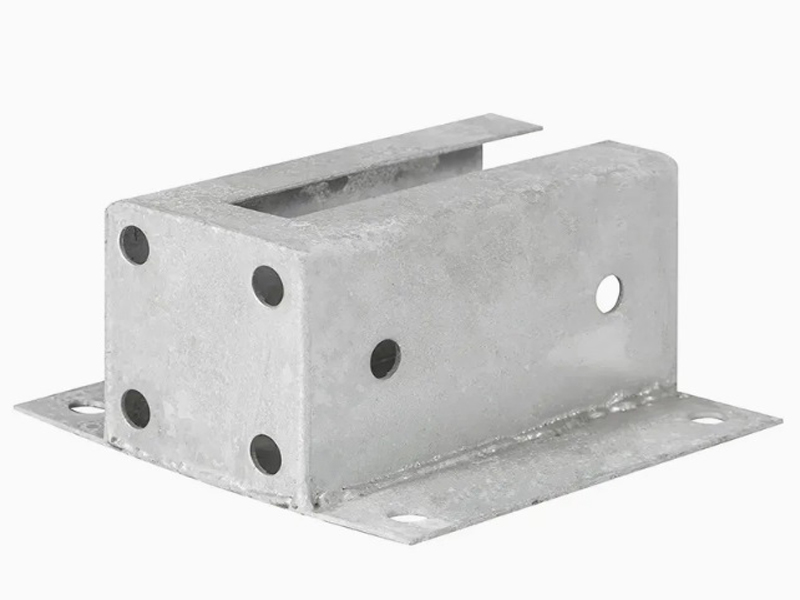
Machining Process Analysis of Carbon Steel Fixed Anchor Plates
- Process : Machining - CNC milling or milling machining
- Material : Carbon steel
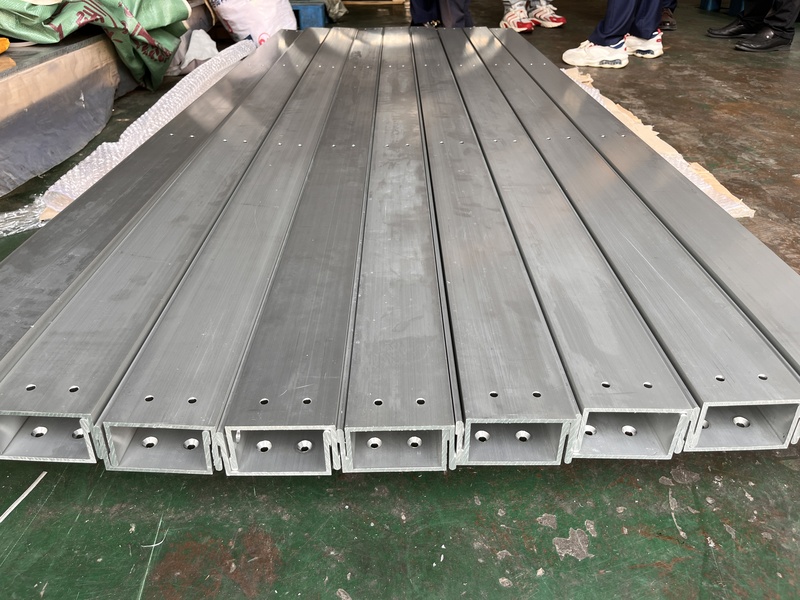
Precision Machining of U-Steel Profiles for Building Applications
- Process : Stamping - General stamping
- Material : Aluminum
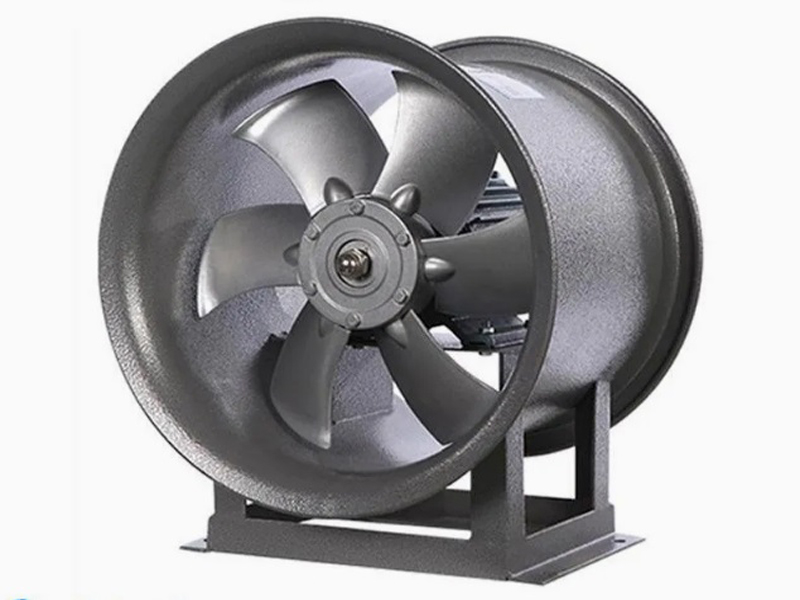
What are the machining processes used for processing axial fan housings
- Process : Sheet metal - Welding
- Material : Carbon steel
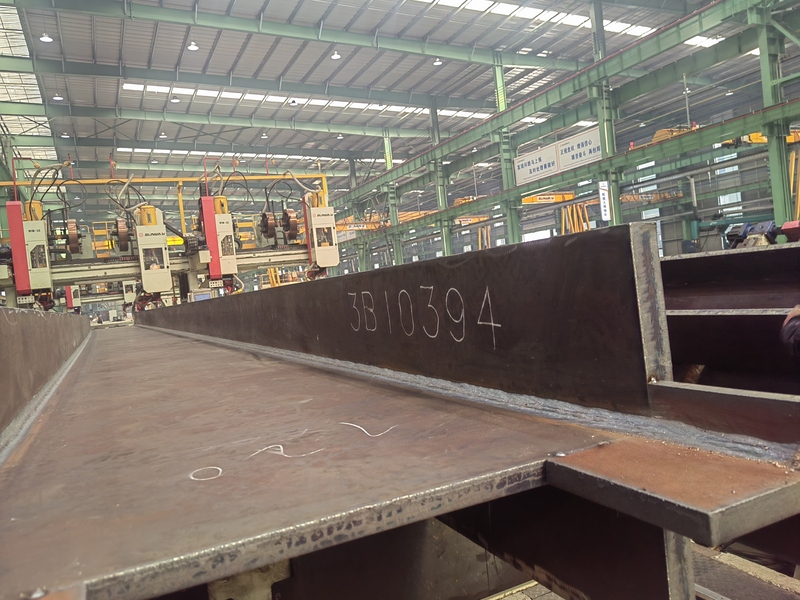
Custom Fabrication of S355JR Welded H-Beams for Construction Projects
- Process : Sheet metal - Welding
- Material : Carbon steel
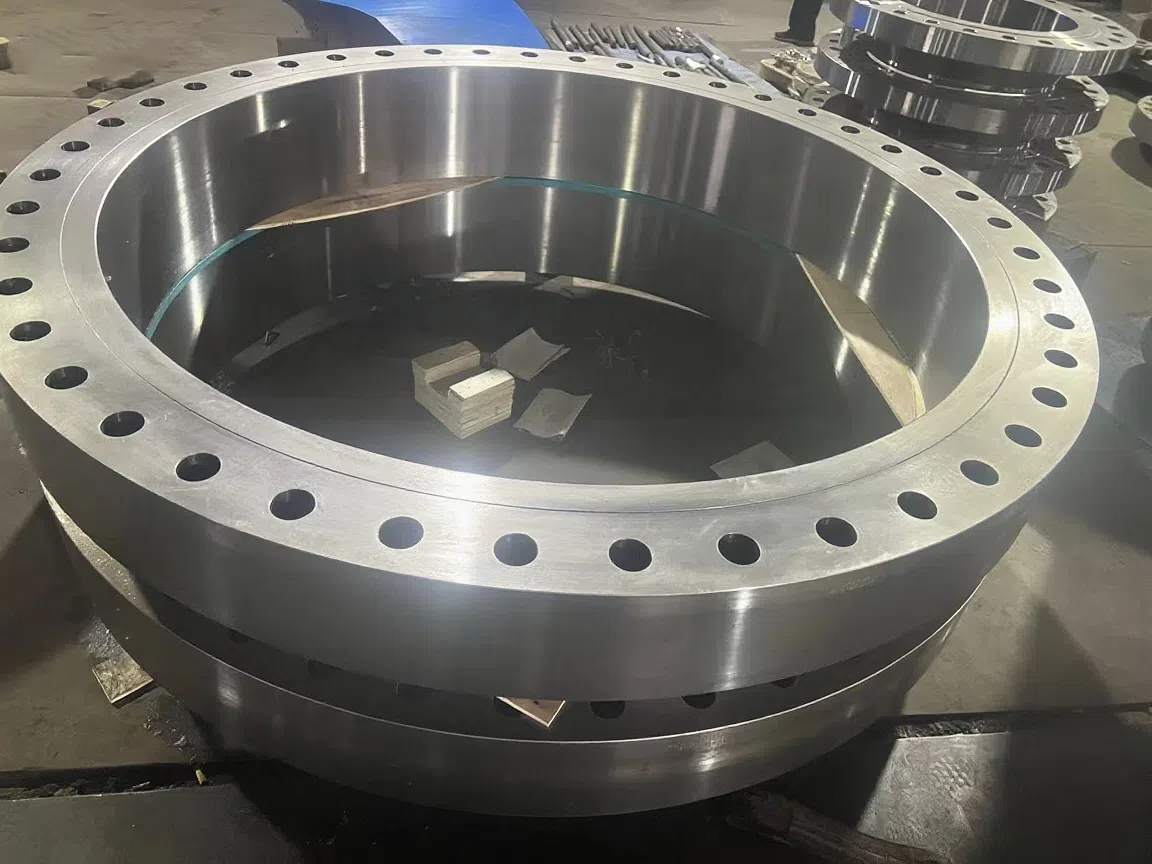
Heavy-Walled Flange Milling-Turning Machining and Flaw Detection
- Process : Machining - Turning Milling compound
- Material : Alloy steel
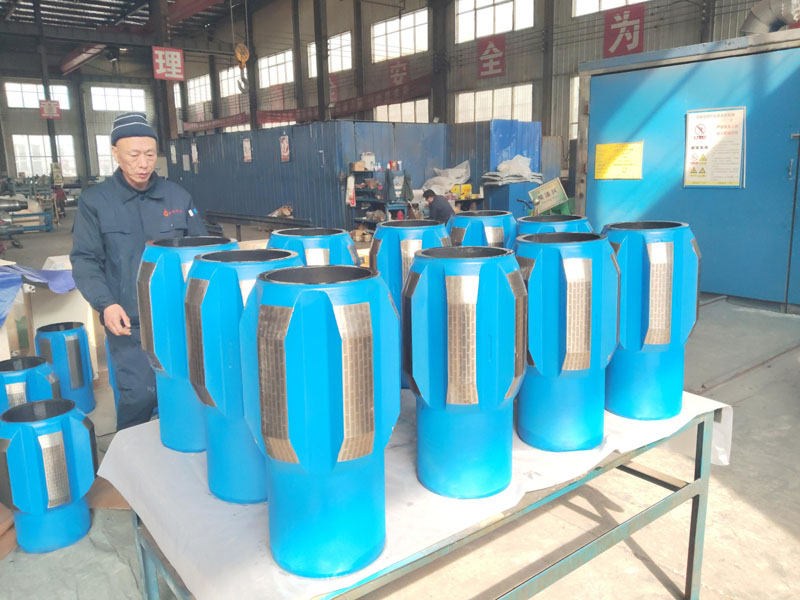
Drill Stabilizers Applied in Oil Drilling Platforms
- Process : Machining - Five-axis machining
- Material : Alloy steel
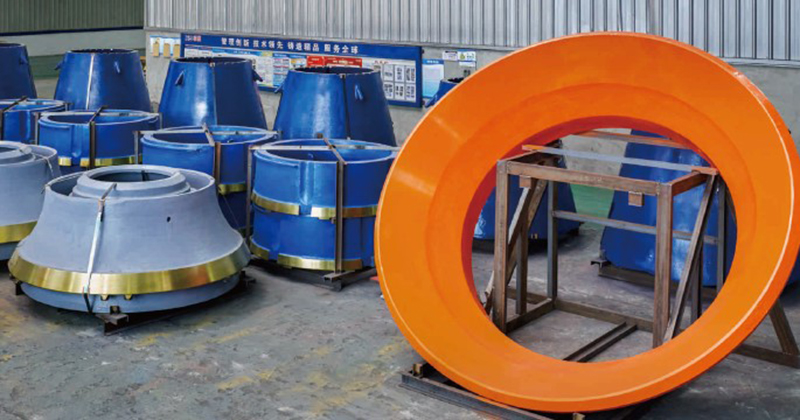
Cone Crusher Mantle
- Process : -
- Material :
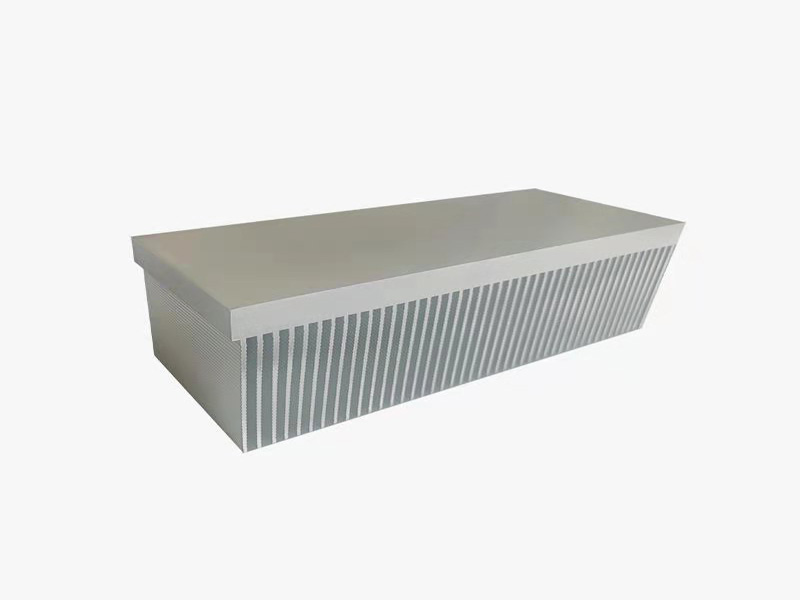
Innovative skiving technology: Breaking through the bottleneck of high-density heat dissipation technology
- Process : Surface treatment - Others
- Material : Alloy steel
More products
More
Machining Process Analysis of Carbon Steel Fixed Anchor Plates
- Process : Machining - CNC milling or milling machining
- Material : Carbon steel

Precision Machining of U-Steel Profiles for Building Applications
- Process : Stamping - General stamping
- Material : Aluminum

What are the machining processes used for processing axial fan housings
- Process : Sheet metal - Welding
- Material : Carbon steel

Custom Fabrication of S355JR Welded H-Beams for Construction Projects
- Process : Sheet metal - Welding
- Material : Carbon steel

Heavy-Walled Flange Milling-Turning Machining and Flaw Detection
- Process : Machining - Turning Milling compound
- Material : Alloy steel

Drill Stabilizers Applied in Oil Drilling Platforms
- Process : Machining - Five-axis machining
- Material : Alloy steel

Cone Crusher Mantle
- Process : -
- Material :

Innovative skiving technology: Breaking through the bottleneck of high-density heat dissipation technology
- Process : Surface treatment - Others
- Material : Alloy steel